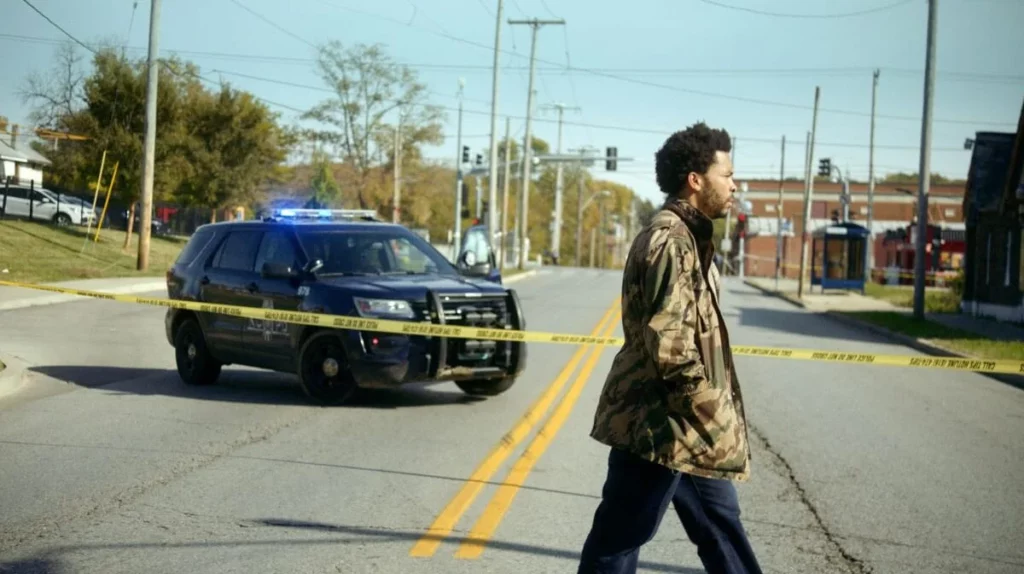Read also:
How to Watch FX Live Without CableHow To Watch AMC Without CableHow to Watch ABC Without CableHow to Watch Paramount Network Without CableRosa Ruth Boesten directs a moving documentary about George Anthony Morton, who paints his way through a troubled mind & past.
Most people won’t recognize George Anthony Morton’s name. The subject of Rosa Ruth Boesten’s new documentary, Master of Light, will be an unfamiliar face for many. Importantly, most people haven’t seen his work. They haven’t seen him hold a brush. They haven’t seen him examine the light. They haven’t seen his paintings, which are, in every sense of the word, magnificent.
Morton’s story is a winding one, from a drug-laden childhood to a bust and decade-long prison stint. During his years incarcerated, his 20s, he focused on his artistic talent, honing his skill, following the style of Rembrandt, one of the great classical painters. He used his art to survive the prison system, to make it passable, to stay alive. Boesten follows Morton as he returns to his hometown of Kansas City.
In the years since his release, Morton has become somewhat successful. He attended a prestigious art school. He paints with purpose and passion, known by an ardent group of ever-growing supporters. But he’s pained, wrought with memories of a childhood filled with an absent mother, dope houses, and bounty hunters. Morton attempts to reckon with all of it in Boesten’s film, a naturalistic look at one man’s healing process.

Morton speaks candidly throughout the film. There’s more than just honesty in his words; there’s a rawness that emanates from him. The painter speaks without hesitation to everyone — his mother, friends, family, therapist — upset at those that have never given him the opportunities he, and other Black children, have never been given. Boesten tries to stay even-keeled during these moments, illuminating generational, systemic trauma without a heavy hand. She gives her subject the chance to be cramped with rage and understanding, frustration and immense depth.
Morton’s a willing participant in this divulging of his story, a man singularly focused on healing through his artistic abilities. He’s fascinating to watch, capable of drawing out empathy with each breath, dealing with a lifetime of feeling underserved and underseen. He understands the talent he possesses, though. He’s aware of the power of his brush, the success he has garnered because of his singularity.
Documentaries such as Master of Light sometimes allow a naivete to creep in. They paint their subjects as misunderstood, as unknowing, shocked by their talents, skills, or achievements. Boesten does the opposite. She shows Morton’s warranted confidence in his paintings. She has an understanding of the unlikelihood of his journey, but doesn’t want to focus on it. The focus remains on softening, on alleviating the mental stress that’s been put on Morton.
His mental health becomes a storyline within the film, his hope to find clarity by talking with a therapist, talking to old friends and family members. He speaks explicitly, with a truth behind his words. He wants help, badly. He needs to be heard, and to find a solution to the pain that exists within his mind. And, to some extent, he receives an initial dose, though his healing seems to just have started.
Master of Light is a loving, understanding, clear-eyed portrait of a man who paints portraits. It contains tenderness and sensitivity for a man that has been through the ringer. And it’s a platform for Morton to find solace and find success, both of which he seems to have earned.
Master of Light is now available on HBO Max.